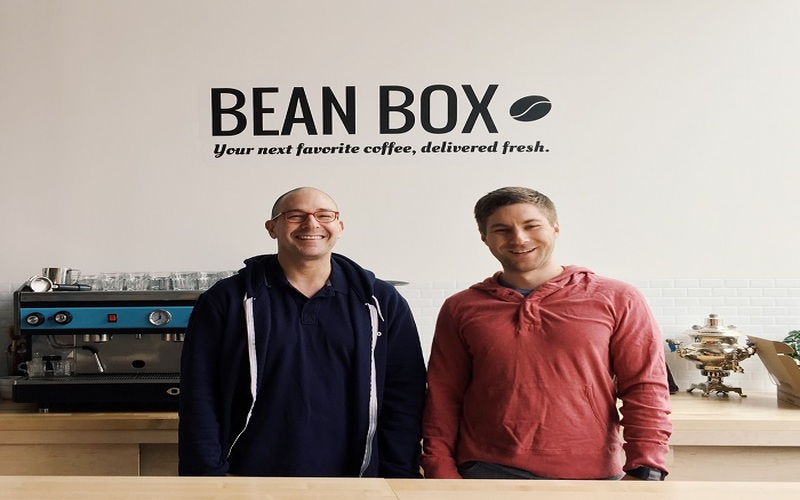The Pacific Northwest startup sector is chronicled in-depth by GeekWire’s startup reporting. Another Seattle coffee startup hopes to use crowdfunding to create awareness.
This week, the coffee subscription service Bean Box started a crowdfunding campaign on StartEngine, and it quickly garnered more than $30,000.
Non-accredited investors can now purchase shares in new companies in their early stages thanks to the equity crowdfunding platform. Regulation crowdfunding, a framework that provides small businesses and startups the chance to generate finance by selling their firm’s shares to the public through online platforms, is allowed under rules adopted in 2016 and is in effect when the company was founded.
A month after Seattle-based Artly, a firm that makes coffee robot baristas, started trending on StartEngine for its crowdfunding campaign, Bean Box launched its . The amount raised exceeds $1.1 million. Tokki, American-Made Amaro, and Green Canopy Node are three further Seattle-based firms experimenting with equity crowdfunding.
According to Bean Box CEO Matthew Berk, the decision to employ crowdsourcing came as traditional venture capital shifted away from consumer-focused investments and focused more on newer technology, such as artificial intelligence.
“As venture shifts their focus of opportunity toward new tech or new opportunity, those who have longevity in a particular space like e-commerce or food tech need to think about other forms of liquidity and capital,” he said on Wednesday to GeekWire.
According to Berk, crowdfunding also benefits the company’s clients from its growth.
According to him, the philosophy behind direct-to-consumer marketing is to interact directly with a broad audience through your product. “A portion of the product we offer is indistinguishable from the company we are building,” he stated. Our guiding principle is to encourage community involvement.
In 2021, the nine-year-old business raised $2.4 million in a Series A investment after $3.2 million in seed funding. Along with several family offices and angel investors, it has the support of Seattle-based VC company Ascend.
According to Berk, the company has not faced opposition from current investors over dilution or required disclosure obligations.
The company’s financials are made public thanks to the crowdfunding effort. Last year, subscription income from Bean Box reached about $11 million, an increase of 26% from the year before. It generated $2.1 million in wholesale sales in its first year, including placement in 3,400 outlets.
The company recorded a net loss of more than $4 million and a cost of goods sold of $5.3 million.
According to Berk, the business would devote resources to increasing its subscribers, utilizing wholesale as an entry point for luring in new clients.
We have already made infrastructural investments, Berk stated. “The purpose of this fundraising is to increase audience engagement, increase lifetime revenue, and scale the business in that regard.”
According to the business, its valuation is $54 million.
The campaign for Bean Box, which ends on December 18, had a $1.23 million fundraising target. Investors who want to buy in must put up at least $497.80 toward selling 471,373 shares.
The 14-person business was established in 2014 by Berk and Ryan Fritzky to make high-quality, small-batch coffee products more widely available at home. By selecting coffees that suit clients’ preferences using human and algorithmic methods, the business aims to spread cafe culture.
According to Berk, the business has developed its software stack to enhance product suggestions and deliveries. The strategy is comparable to that of wine subscription service The Waves, which created its algorithms to improve wine pairing recommendations.
Startups could not raise equity from non-accredited investors before the JOBS Act in 2012. The bill aimed to democratize venture capital investing by enabling regular Americans to finance early-stage businesses.
The bill took four years to become law. The Securities and Exchange Commission established several precautions, including the need that companies use SEC-approved platforms, raise a maximum of $5 million annually, cap the ownership interest of non-accredited investors, and disclose financial information.
Crowdfunding for equity got off to a slow start. It has gained momentum, though, with StartEngine alone stating that its platform raised more than $189 million in 2022.

